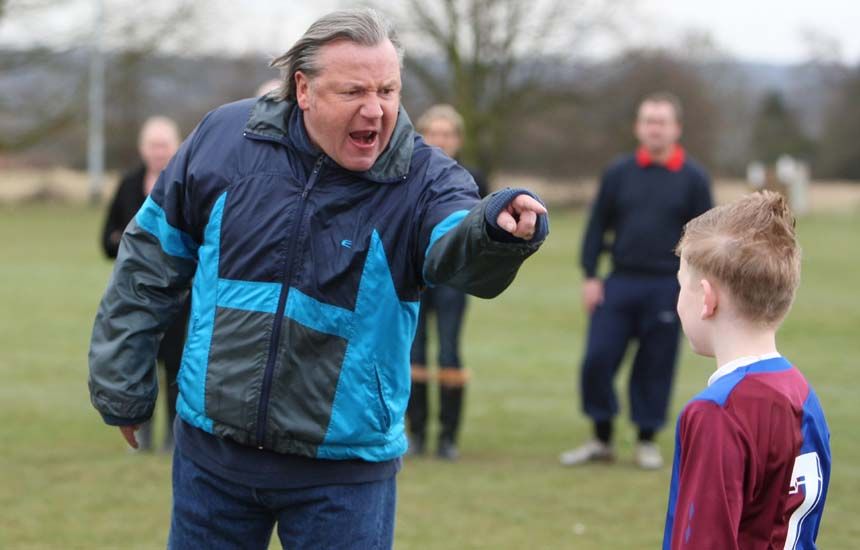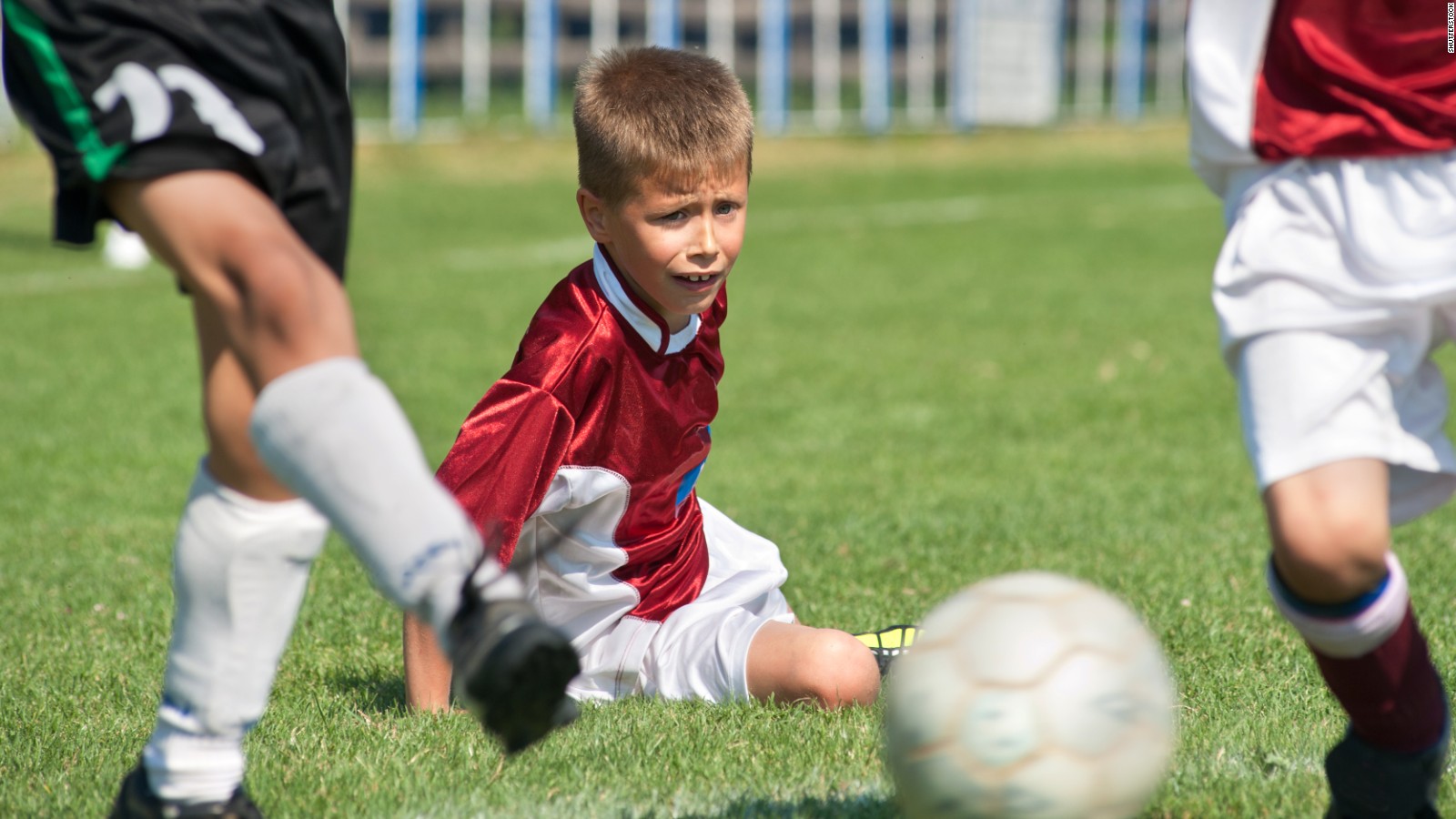The main goal for children who play soccer is to have fun, but having fun can be compromised when playing becomes all about competing and working. Young players may very easily lose interest due to excessive physical and mental stress, commonly known as a burnout. Causes of a burnout could be anything from over-involvement in competitive leagues, parents having overly high expectations of their children, or even starting too early in the sport. A burnout may lead to a sudden disinterest in soccer, a drop in performance, a push away from team activities, mood swings, or complaints about tiredness. Parents must play an active role to prevent their child from experiencing burnout in soccer. Below are ways to help avoid burnout:
- Lowering Expectations
- Exploring Other Sports
- Mistakes Are Okay
- Incorporating Breaks
- Offering Support During Disappointment
Lowering Expectations

If a child is just starting to play soccer for the first time, then there should be no expectations from parents other than to let their child have fun and experience the game for themselves. It is important for the player to discover and fall in love with the sport on their own, so parents should provide little input with their suggestions of what they should be doing differently.
Exploring Other Sports

Children will have a greater appreciation for their favorite sport when they explore their interest in other sports. As a parent, it is your responsibility to allow your child to participate in other sports apart from soccer, so they can discover on their own which sport they enjoy playing the most. Playing other sports will also force the child to develop skills with different parts of their body, which will be an advantage to players who only stick to soccer.
Mistakes Are Okay
Youth soccer players should be playing in an environment where they will not be hammered for making mistakes. If young players are focused on being at the level of their teammates, then they are missing out on the experience of learning the game and improving as a player. It is important for coaches and parents to constantly applaud the child’s growth as a player.
Incorporating Breaks

Incorporating breaks will help relieve the stress that comes with trying to balance soccer and education. These breaks can be a crucial time to focus on their academics, this way they do not feel that their education is suffering because of their rigorous soccer schedule and want to quit.
When a child is involved in multiple travel soccer competitions in a year, they do not have sufficient time to explore other interests. Taking time away from soccer could also help better assess whether the child is interested in playing. If after an extended break they do not look forward to returning, then it may be worth considering to pull the child out of the sport and focus on their other interests.
Offering Support During Disappointment

Some kids may be too critical of themselves after a subpar performance. It is the parent’s responsibility to offer support, reassuring the player of their abilities and the progress they are making. Young soccer players greatly benefit when parents and coaches comfort and encourage them to improve, especially after a drop in their normal performance level. Motivating and uplifting a player is always the first step in preventing them from a burnout.




